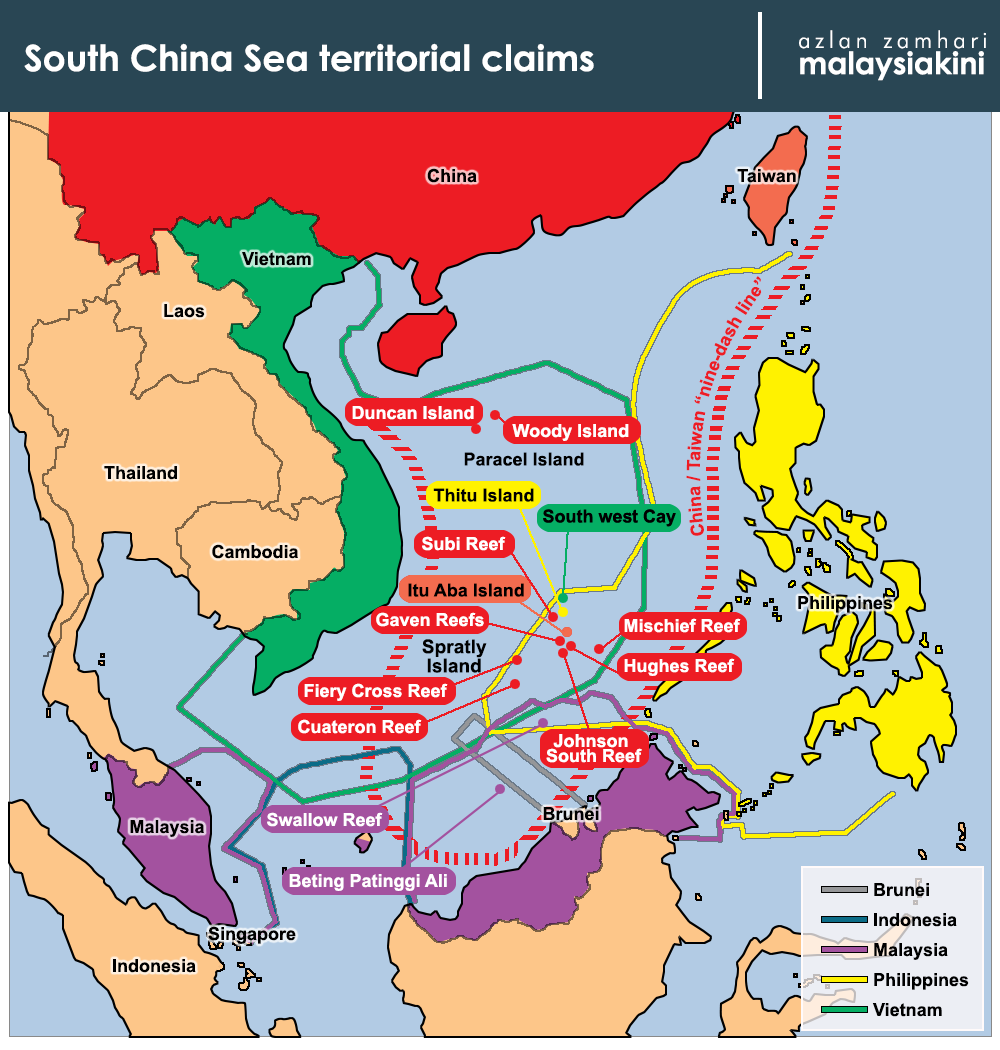Philippines, China to discuss fishing rights in South China Sea - Marcos
Philippines President Ferdinand Marcos Jr said China has agreed to discuss fishing rights in the South China Sea, as he pushed for a "direct communication line" with Beijing on maritime differences.
China has agreed to "sit down" and talk about Filipinos' fishing rights in the South China Sea, Marcos said, adding he has asked the Philippine Coast Guard and the Department of Foreign Affairs "to put together... a map of these fishing grounds" that will be presented to Beijing.
In remarks made to reporters while on board a plane to Washington, Marcos also said a Philippines-China "direct communication line" must be finally adopted, when asked about his thoughts on a recent maritime confrontation between the two countries.
"The overall priority is to safeguard our maritime territory," he said, in remarks issued by his office.
The Chinese embassy in Manila did not immediately respond to a request for comment.
The Philippines accused China's coast guard on Friday of "aggressive tactics" following a recent incident during a Philippine coast guard patrol close to the Philippines-held Second Thomas Shoal, a flashpoint for previous altercations located 105 nautical miles (195km) off its coast.
The United States has urged China to stop harassing Philippine vessels in the South China Sea, while Beijing said it was willing to handle maritime differences with countries of concern through friendly consultations, while warning Washington against interference.
"This is the kind of thing… we're hoping to avoid, that this time it was a little more dangerous because they were close," Marcos said. "That can cause casualties on both sides."
China claims sovereignty over almost the entire South China Sea, with a "nine-dash line" on maps that stretches more than 1,500km off its mainland and cuts into the exclusive economic zones of Vietnam, the Philippines, Malaysia, Brunei and Indonesia.
An international arbitral ruling in 2016 dismissed that line as having no legal basis.
- Reuters

RM12.50 / month
- Unlimited access to award-winning journalism
- Comment and share your opinions on all our articles
- Gift interesting stories to your friends
- Tax deductable

 Reuters
Reuters